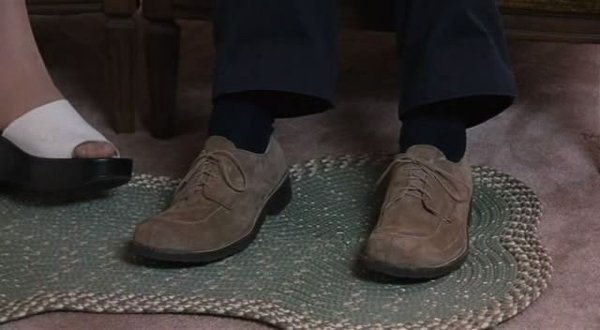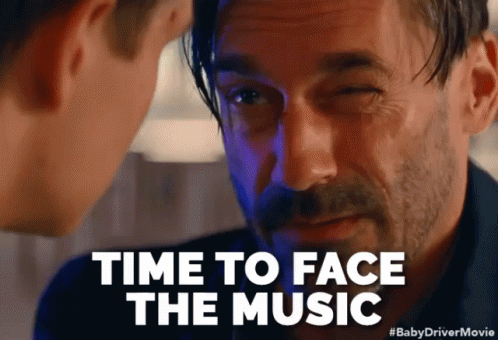17 Common Phrases and Long Forgotten Origins
We bet you'd said some of these phrases before without knowing where they come from.
Published 4 years ago in Wow
8
“Carbon copy” Before copying machines were an office staple, copies were made by sliding a piece of carbon paper between an original document and blank paper. Though an intermediary paper soaked in ink is no longer necessary, this phrase is still invoked to mean “an exact copy. If you’ve ever wondered what the “cc” in emails actually stands for, this is it.
10
“Straight from the horse’s mouth” Purchasing a horse was an expensive endeavor and unless you knew where to look, you could easily be swindled. A horse’s teeth, however, could tell you all you needed to know: the age, health, and general condition of the horse. So, literally, the horse’s mouth told you the truth.
12
“Blackballed” In 18th century social clubs, membership was voted upon by a committee. Typically an anonymous vote was cast using different colored balls. A positive vote was cast for membership with a red ball, and a black ball meant a negative vote. Some clubs required only one black ball vote to reject an applicant’s membership. So literally, to be black balled meant to be voted against and denied membership.
15
“Jumping on the bandwagon” Circuses would parade around town before setting up, with bandwagons leading the parade and politicians started renting space on the bandwagons to get face time with an audience. Over time, politicians would make calls of action not to “jump on the opponent’s bandwagon,” and the phrase took on a negative connotation, meaning to mindlessly go along with whatever became flashy or popular.
17
“In the nick of time” Through the 18th century, businessmen often kept track of debts owed (and interest that built on loans) by carving notches (or nicks) on a “tally stick.” When someone arrived to pay off their debt before the next nick was carved, they’d save that day’s worth of interest, thus arriving “in the nick of time.”




















